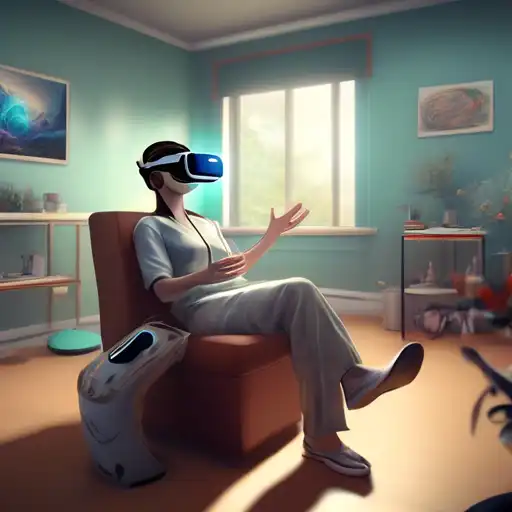The Transformative Role of Virtual Reality in Modern Therapy
Virtual Reality (VR) technology has transcended its initial entertainment purposes, venturing into the realm of therapy and mental health treatment. This innovative approach is revolutionizing how therapists address various conditions, offering patients immersive experiences that were once unimaginable.
Understanding VR Therapy
VR therapy involves the use of virtual reality technology to simulate environments for therapeutic purposes. It allows individuals to confront and work through their fears, anxieties, and traumas in a controlled, safe setting. The versatility of VR makes it applicable across a wide range of psychological conditions.
Applications of VR in Therapy
The applications of VR in therapy are vast and varied. Below are some of the key areas where VR is making a significant impact:
- Exposure Therapy: VR is particularly effective in treating phobias and PTSD by gradually exposing patients to their fears in a virtual environment.
- Stress Reduction: Immersive VR environments can transport patients to serene landscapes, aiding in stress and anxiety reduction.
- Pain Management: VR has been used to distract patients during painful procedures, reducing the perception of pain.
- Social Skills Training: Individuals with autism or social anxiety can benefit from VR simulations that teach and reinforce social interactions.
The Benefits of VR Therapy
VR therapy offers numerous benefits over traditional therapy methods. It provides a safe, controlled environment where patients can face their fears without real-world risks. Additionally, VR therapy can be tailored to each individual's needs, making it a highly personalized form of treatment.
Challenges and Considerations
Despite its advantages, VR therapy is not without its challenges. The cost of VR equipment and the need for specialized training for therapists are significant barriers. Moreover, the effectiveness of VR therapy can vary from person to person, necessitating further research to understand its full potential.
The Future of VR in Therapy
The future of VR in therapy looks promising, with ongoing advancements in technology making it more accessible and effective. As research continues to uncover new applications, VR therapy could become a standard tool in mental health treatment.
For those interested in exploring more about how technology is transforming mental health care, consider reading about the impact of AI on mental health.
In conclusion, VR therapy represents a groundbreaking shift in the treatment of mental health conditions. Its ability to provide immersive, personalized treatment plans offers hope for many individuals seeking alternative therapy options. As technology evolves, so too will the possibilities for VR in therapy, making it an exciting field to watch.
